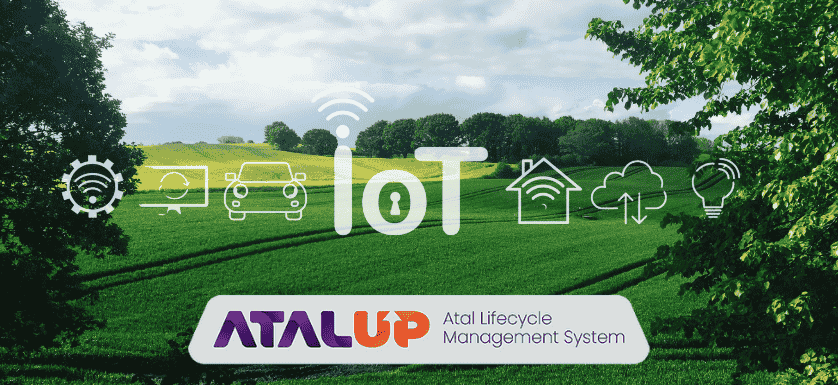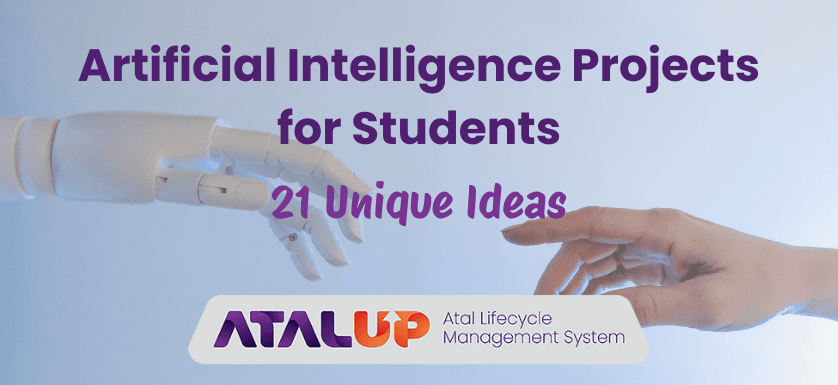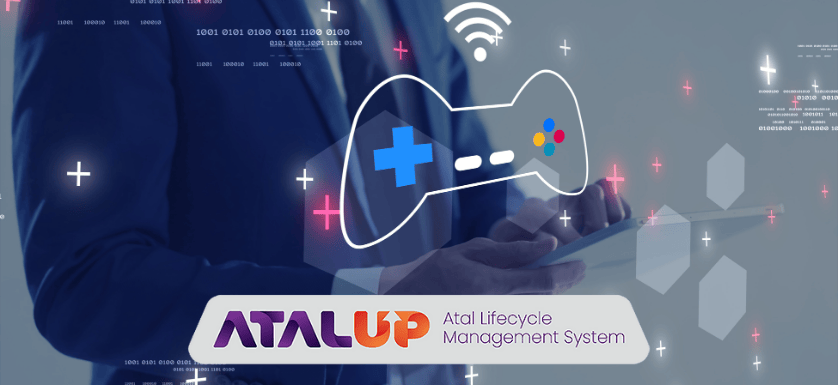
The Atal Innovation Mission (AIM) has crafted a comprehensive Atal Tinkering Lab curriculum to build a nation-wide ecosystem where innovation and creativity is the base of education. This Atal Tinkering Lab syllabus encompasses various modules designed to equip students with essential skills for the 21st century.
Atal Tinkering Lab Curriculum
1. Design Thinking
Design Thinking is a core component of the ATL curriculum, encouraging students to approach problems creatively and empathetically. The process involves five stages: Empathize, Define, Ideate, Prototype, and Test. AIM provides resources such as presentations and activity cards to guide students through these stages, helping them develop user-centric solutions to real-world problems. You can check out interesting Design Thinking project ideas.
2. Computational Thinking
In Atal Tinkering Lab curriculum, Computational Thinking enables students to tackle complex problems by breaking them down into manageable parts. The module introduces concepts like algorithms, pattern recognition, and abstraction. Through activities and presentations, students learn to develop logical solutions and understand the fundamentals of programming and problem-solving.
3. Internet of Things (IoT)
The IoT module introduces students to the interconnected world of devices and sensors. Students learn about microcontrollers, sensors, and actuators, and how these components interact to create smart systems. Hands-on projects help students understand the practical applications of IoT in various fields. 2 students Arathi H Bhat and Anita S used IoT in their Atal Tinkering Lab to create a weather station for farmers.

4. 3D Design and Printing
3D Design and Printing is an important part of Atal Tinkering Lab curriculum. It allows students to bring their ideas to life by creating tangible models. The module covers the basics of 3D modeling software and the operation of 3D printers. Students learn to design, prototype, and iterate their creations, fostering a deeper understanding of product development.
5. Intellectual Property (IP) Rights & Laws
Understanding Intellectual Property rights is crucial for young innovators. This module educates students about patents, copyrights, trademarks, and the importance of protecting their creations. By learning about IP laws, students are better prepared to navigate the legal aspects of innovation.
6. How to Create a Business Pitch
The Business Pitch module teaches students how to present their ideas effectively to potential stakeholders. Students learn to articulate their value proposition, market analysis, and financial planning. This skill is essential for aspiring entrepreneurs looking to turn their innovations into viable businesses.
7. Ethical Leadership in Tinkering and Innovation (ELTI) Module
The ELTI module emphasizes the importance of ethics and leadership in innovation. Students explore concepts like altruism, decision-making, and team dynamics. Through reflective exercises, they develop a strong moral compass to guide their innovative endeavors.
8. ATL Tinkering Festival
The ATL Tinkering Festival is an event where students showcase their projects and innovations. It encourages collaboration, creativity, and community engagement. The festival serves as a platform for students to present their work, receive feedback, and inspire others. This is another popular part of Atal Tinkering Lab curriculum.
9. ATL Drone Module
The Drone Module in Atal Tinkering Lab syllabus introduces students to the basics of drone technology, including design, assembly, and operation. Students learn about the applications of drones in various industries and the regulations governing their use. This module provides a hands-on experience in an emerging field.
10. ATL AI-Base Module
The AI-Base Module offers an introduction to Artificial Intelligence, covering fundamental concepts and applications. Students explore machine learning, data analysis, and AI ethics. The module includes practical activities to help students understand how AI impacts various sectors.
11. ATL Python Learning Module
The Python Learning Module teaches students the basics of programming using Python. Students learn about variables, loops, functions, and data structures. This module lays the foundation for further exploration in computer science and software development. Atal Tinkering Lab curriculum is smartly designed to match global standards where Python learning is at peak.
12. Artificial Intelligence Additional Activity Sheet
The AI Additional Activity Sheet provides supplementary exercises to reinforce AI concepts. These activities challenge students to apply their knowledge to solve problems, enhancing their critical thinking and analytical skills. Check out these unique 21 AI projects for students.

13. ATL AI-Step Up Module
The AI-Step Up Module builds upon the base AI concepts, introducing advanced topics like neural networks and deep learning. Students engage in complex projects that require a deeper understanding of AI technologies. This module from Atal Tinkering Lab curriculum prepares students for more sophisticated AI applications.
14. ATL AI-Step Up – Projects Booklet
The Projects Booklet in Atal Tinkering Lab syllabus complements the AI-Step Up Module by providing detailed project ideas and guidelines. These projects encourage students to apply their AI knowledge to real-world scenarios, fostering innovation and problem-solving skills.
15. ATL Gaming Module
An important pillar of Atal Tinkering Lab curriculum. The Gaming Module introduces students to game development, covering aspects like storytelling, design, and programming. Students learn to create interactive games, enhancing their creativity and technical skills. This module combines fun with learning, making complex concepts more accessible.

16. ATL App Development Module
The App Development Module teaches students how to design and build mobile applications. Students learn about user interface design, coding, and testing. This module empowers students to create functional apps that address real-world problems.
17. ATL Space Module
The ATL Space Module introduces students to the fundamentals of space science through hands-on activities. It encourages learners to explore concepts such as satellite communication, astronomy, and space technology. Activities like building simple telescopes and understanding satellite orbits help students grasp the basics of space exploration. This module aims to ignite curiosity about the universe and inspire future careers in space science.
18. ATL-WCF CyberSmart Portal
The ATL-WCF CyberSmart Portal is designed to educate students about cybersecurity and responsible digital behavior. It offers interactive modules on topics like online privacy, cyberbullying, and safe internet practices. Through engaging content, students learn to navigate the digital world securely, understanding the importance of protecting personal information and recognizing potential online threats.
19. Let’s Tinker! A Handbook
“Let’s Tinker!” is a comprehensive handbook that guides educators and students through the effective implementation of ATL activities. It provides step-by-step instructions on setting up the lab, integrating tinkering into the school curriculum, and fostering a culture of innovation. The handbook emphasizes project-based learning, encouraging students to identify real-world problems and develop practical solutions.
20. ATL Community Day
ATL Community Day is an initiative that encourages schools to open their labs to the local community, showcasing student projects and fostering collaboration. It provides an opportunity for students to present their innovations, receive feedback, and inspire others. Engaging the community helps build a supportive ecosystem around the ATL, promoting a culture of innovation beyond the school premises.
21. Miscellaneous Resources
The ATL curriculum also includes a variety of additional resources to support educators and students. These encompass modules on emerging technologies, detailed equipment manuals, and guidelines for effective lab management. Such resources ensure that ATL participants have access to comprehensive information, enabling them to maximize the potential of their tinkering experiences.
Conclusion: How ATALUP Can Help
Implementing the Atal Tinkering Lab curriculum effectively requires structured planning and execution. ATALUP offers comprehensive support to schools, assisting in setting up labs, training educators, and integrating the curriculum into daily learning. By partnering with ATALUP, schools can ensure that the Atal Tinkering Lab syllabus and its activities are impactful, fostering a robust environment for innovation and creativity among students.